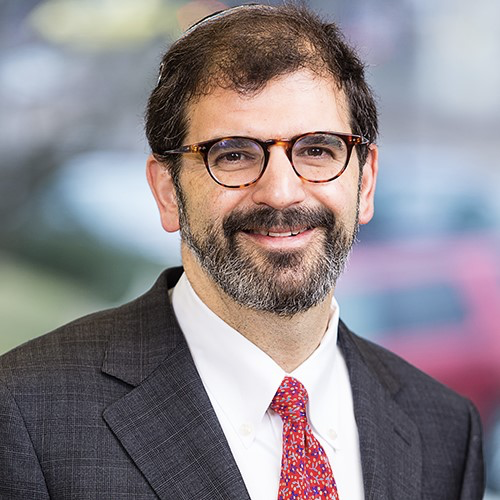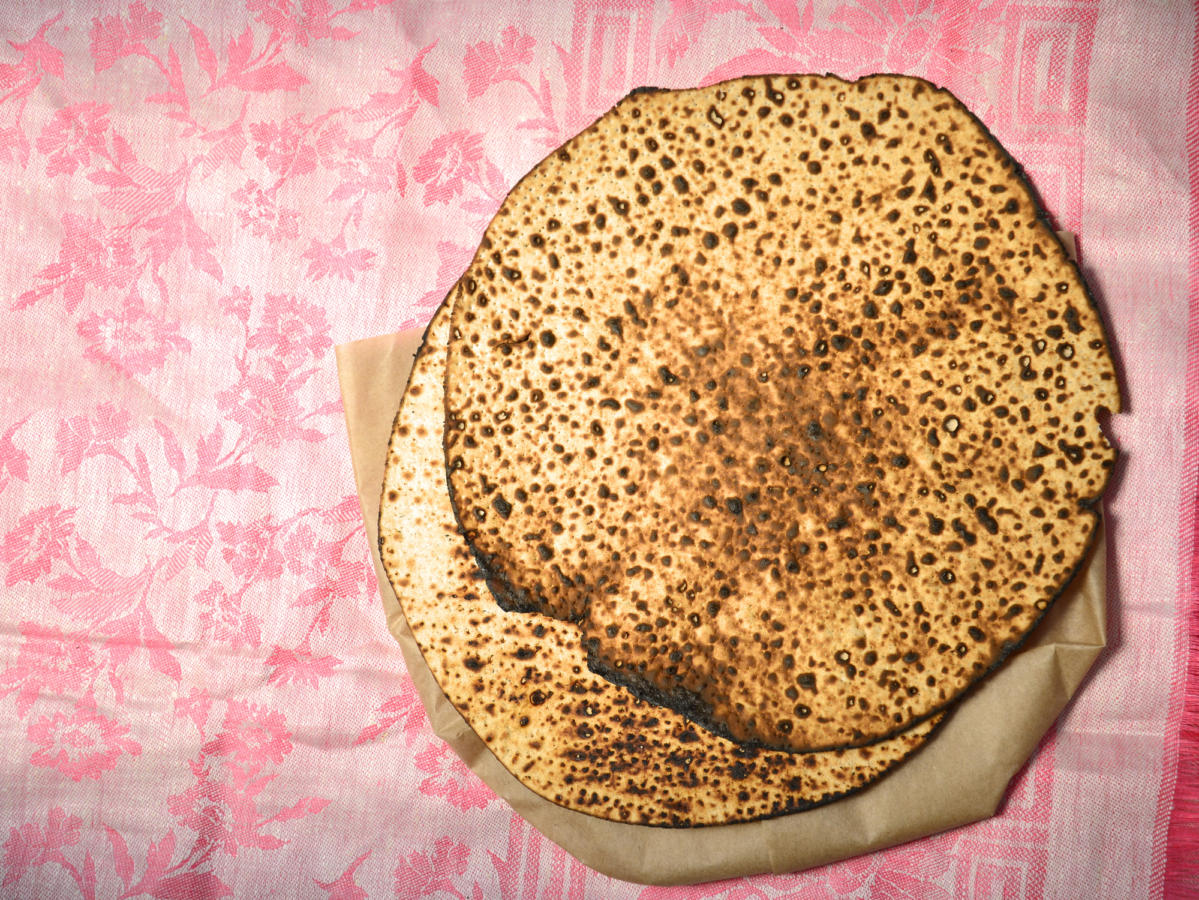Question: How do I celebrate the in-between days of Passover?
— Rachel M.
The middle days of Passover — known in Hebrew a hol hamoed — are a period in which some of the restrictions observed on the first and last days of the holiday (known as yom tov) are relaxed, but the days are still meant to have a festive holiday feel.
Among the main differences between hol hamoed and yom tov of Passover is that many types of work are permitted, provided they are for the holiday, are enjoyable, or you would incur significant loss otherwise. So many people will return to work during these days rather than take a full week off of work, but if it’s possible to take a vacation without a significant penalty, it makes Passover feel very special.
Because work is generally discouraged during these days (taking into account the above caveats), the practice among Sephardic Jews and many Ashkenazi Jews is not to wear tefillin during hol hamoed. Some Ashkenazi sources say that you should wear tefillin without reciting a blessing. The practice of my teacher, Rabbi Ahron Soloveichik, was not to wear tefillin during morning prayers (when they are usually worn), but he would wear them during the afternoon service without saying a blessing. My personal feeling is that not wearing tefillin gives hol hamoed a more yom tov feel, so I recommend not wearing them. But whether you do wear them or not, try to be extra strict about making the hol hamoed days feel a little more special. Maybe take an extra day off, or work an hour or two less.

Help us keep Jewish knowledge accessible to millions of people around the world.
Your donation to My Jewish Learning fuels endless journeys of Jewish discovery. With your help, My Jewish Learning can continue to provide nonstop opportunities for learning, connection and growth.
There are also several adjustments made to the daily liturgy during hol hamoed. One of these is that we recite an abridged version of the Hallel prayer, the celebratory selection of psalms recited on most Jewish holidays. We only say half of Hallel because we are sad that the redemption of the Jews from Egypt came at the expense of the Egyptians who drowned in the Sea of Reeds. Another reason is that even though the Jews were freed from slavery, the full redemption of the messianic age has not yet come. We also add a special prayer, Ya’aleh Veyavo, during the morning service, which expresses a yearning for a time of true redemption and peace. And we add the extra Musaf prayer, which commemorates the special sacrifice that was offered in the ancient Temple on Passover.
We also read several short Torah readings each day of hol hamoed. The readings deal with the laws of the first born and teaching Torah, lending money and caring for the weakest in society, the second set of tablets that were received after the sin of the golden calf, and the second “make-up” Passover first observed in the wilderness.
There is also a prohibition on getting a haircut on hol hamoed because the rabbis wanted you to get one before the holiday. Many opinions say that you can shave on hol hamoed, but some say you can only do so if you shaved the day before yom tov. The reasoning is similar to the prohibition on haircuts: The rabbis wanted you to enter the holiday looking your best.
Finally, hol hamoed has an eating requirement. You don’t have to eat matzah, but you are not supposed to fast. In the old days, it was customary to add chicken fat to eggs and onions. I think that custom has long gone from most homes, but food is a way of bringing people together and allowing for joy and friendship.

Rabbi Asher Lopatin is the spiritual leader of Kehillat Etz Chaim in Detroit, Michigan.




